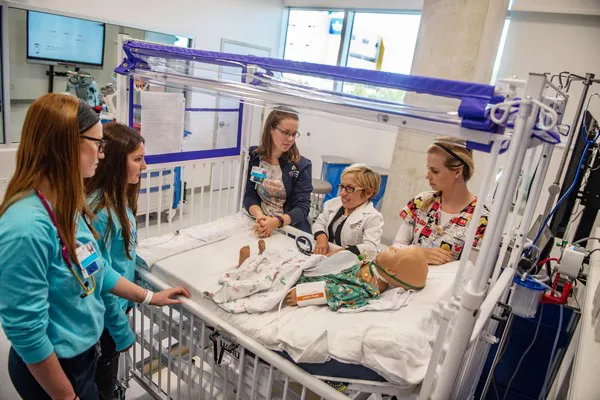A recent study conducted by researchers from the University of Otago and the University of Waikato sheds light on the challenges faced by health providers in rural Māori and Pasifika communities during the COVID-19 vaccination rollout. The study, published in the Journal of Primary Health Care, emphasizes the need for geographically tailored, culturally anchored, and locally driven health initiatives in rural areas.
Rural residents in New Zealand have historically experienced poorer health outcomes compared to their urban counterparts, establishing them as an at-risk population during the pandemic. Despite this recognition, disparities in vaccination rates persisted between rural and urban areas.
Lead author Associate Professor Kati Blattner, from Otago’s Department of General Practice and Rural Health and Va’a O Tautai, Centre for Pacific Health, highlighted common issues faced during the rural vaccine rollout. Blattner pointed out that the initial development of the rollout lacked consideration for the unique rural context, resulting in ineffective engagement with rural health providers. Challenges compounded due to geographical distances, small and low-density populations, workforce shortages, and limited infrastructure, including phone and internet connectivity.
Realizing the misalignment with the rural context was impeding progress, rural health providers took ownership of the rollout. They leveraged established ways of working and engaged their communities along with external Māori or Pasifika networks, leading to innovative local solutions.
Blattner identified three overarching factors influencing the rural vaccine rollout: geographical tailoring, cultural anchoring, and local control. The study emphasized that the interaction between these factors was as crucial as the individual role played by each.
“Rural places are not miniature cities – the smaller and more remote the community, the more important that health services are integrated, which requires bundled rather than fragmented administrative and regulatory frameworks and resources,” said Blattner. She advocated for a move away from siloed funding to a more comprehensive, community-led approach.
The researchers emphasized that successful rural vaccine rollouts should not rely solely on specific immunization programs but should be built on strong, resilient rural health services. Despite showcasing the capability of rural health services to manage a national initiative while continuing routine operations, Blattner noted a lack of sustained investment in rural health services.
Blattner urged for a better understanding of the rural context and the health services by central authorities, especially policy makers and program funders. The researchers called for sustained investment in rural health services, specifically designed to meet the diverse needs of rural communities in New Zealand.


